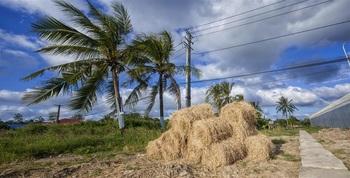Context
The Vietnamese economy is one of the most dynamic in Asia. The rapid economic growth is closely linked to the expansion of the energy sector. Approximately four gigawatts of electricity have to be added each year in order to meet the demand for electricity. Promotion of renewable energy deployment and greater energy efficiency (EE) are therefore important in contributing to a reliable energy supply in Viet Nam.
The Vietnamese Government has formulated ambitious targets for renewable energy (RE) development in its RE Development Strategy, aiming to generate 6.5 per cent of the total electricity production from renewables by 2025 and 10.7 per cent by 2030. In its environmental protection commitments (Nationally Determined Contributions, NDCs) following the UN Climate Conference in Paris (COP21), the Vietnamese Government stressed the importance of increasing energy efficiency and thereby reducing greenhouse gas emissions.
An overarching policy framework is therefore in place, providing for mandatory energy audits, national targets in the field of renewables, and feed-in tariffs for related technologies. Viet Nam is also developing several major pilot projects for the production of renewable energy and starter models for energy efficiency services.
In order to guarantee the energy supply and security both now and in the future, however, expertise and knowledge must be further developed at all decision-making levels. This will include skills in political strategy, investment planning and project development.
Objective
The energy sector governance is enhanced, and the regulatory framework and legal basis are in place for the large-scale expansion of renewable energy as well as the implementation of energy efficiency measures and for the compliance with the climate change commitments of Viet Nam. Further depth has been added to the specialist knowledge of decision-makers for the successful formulation and implementation of policy guidelines in the sector.


